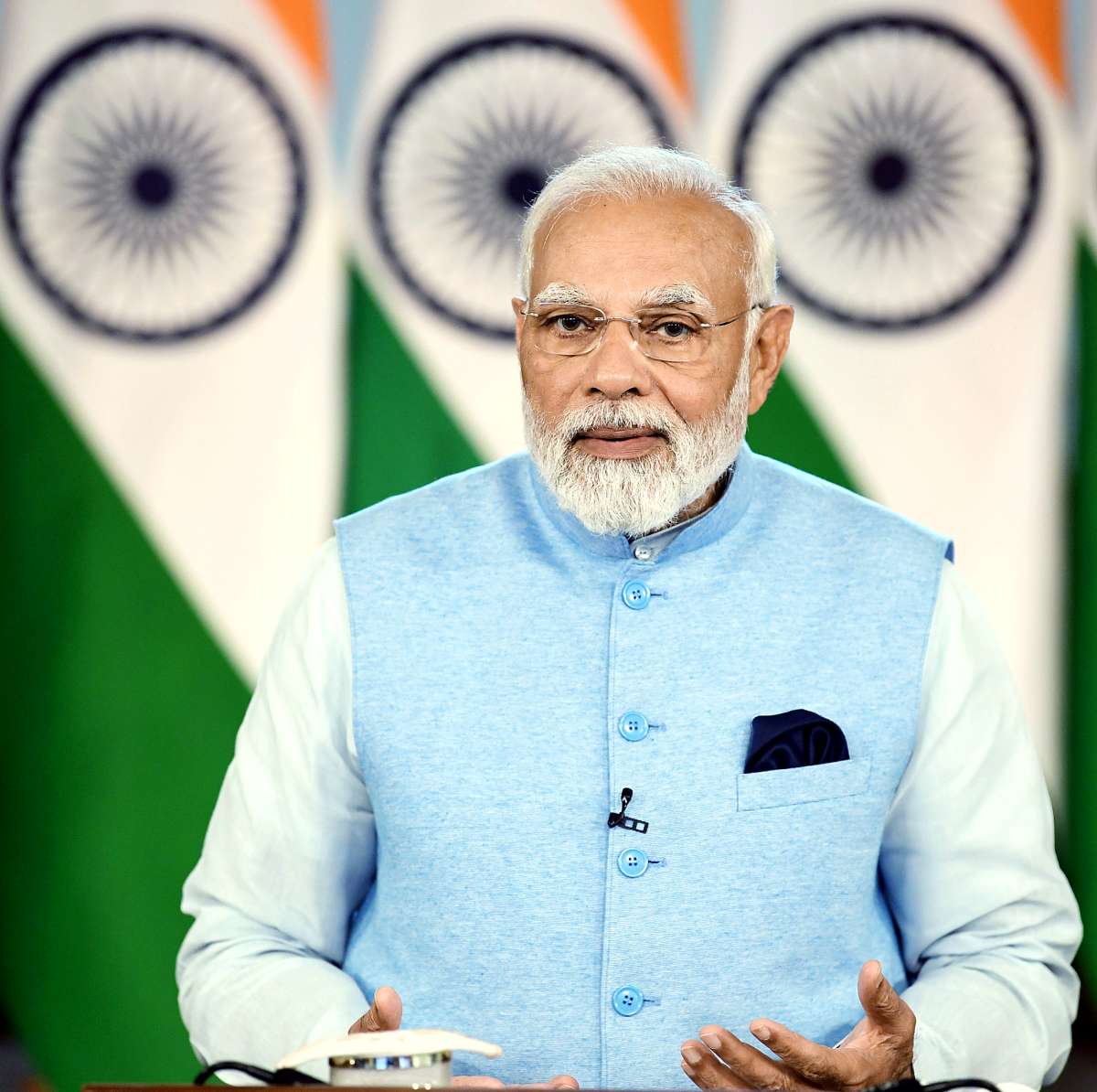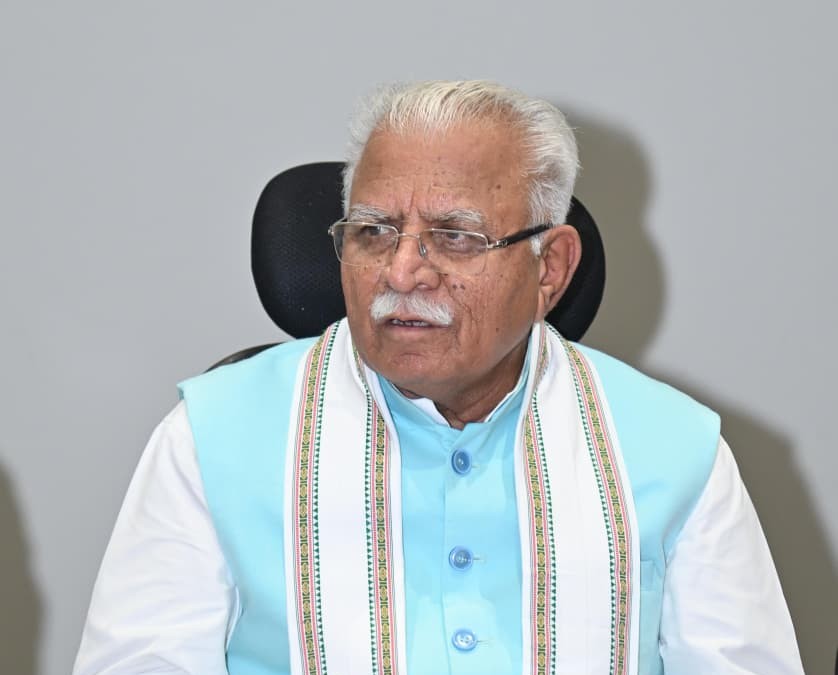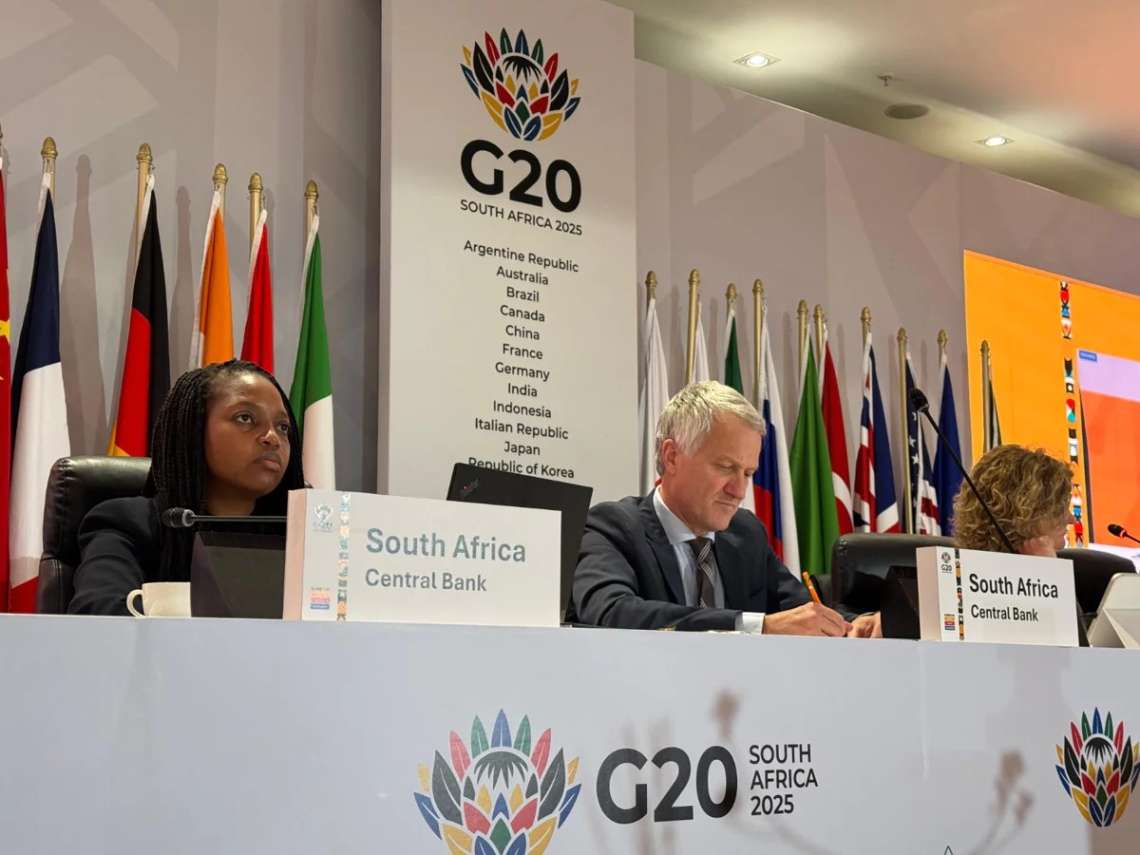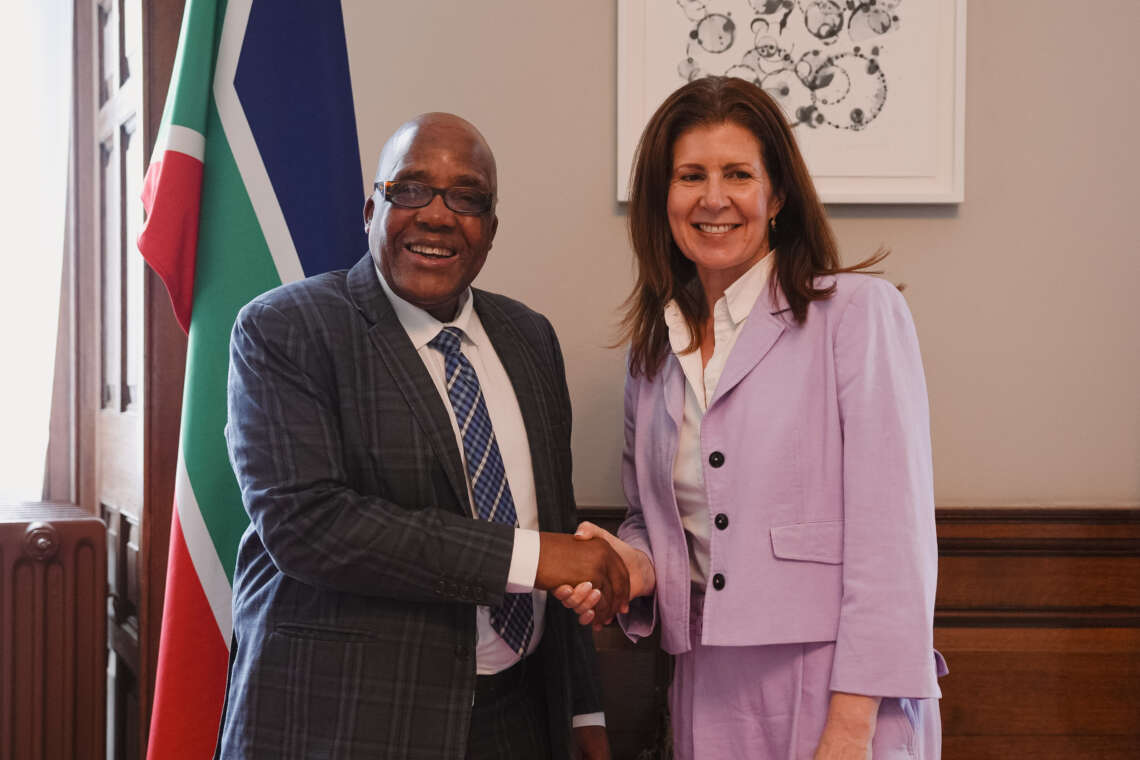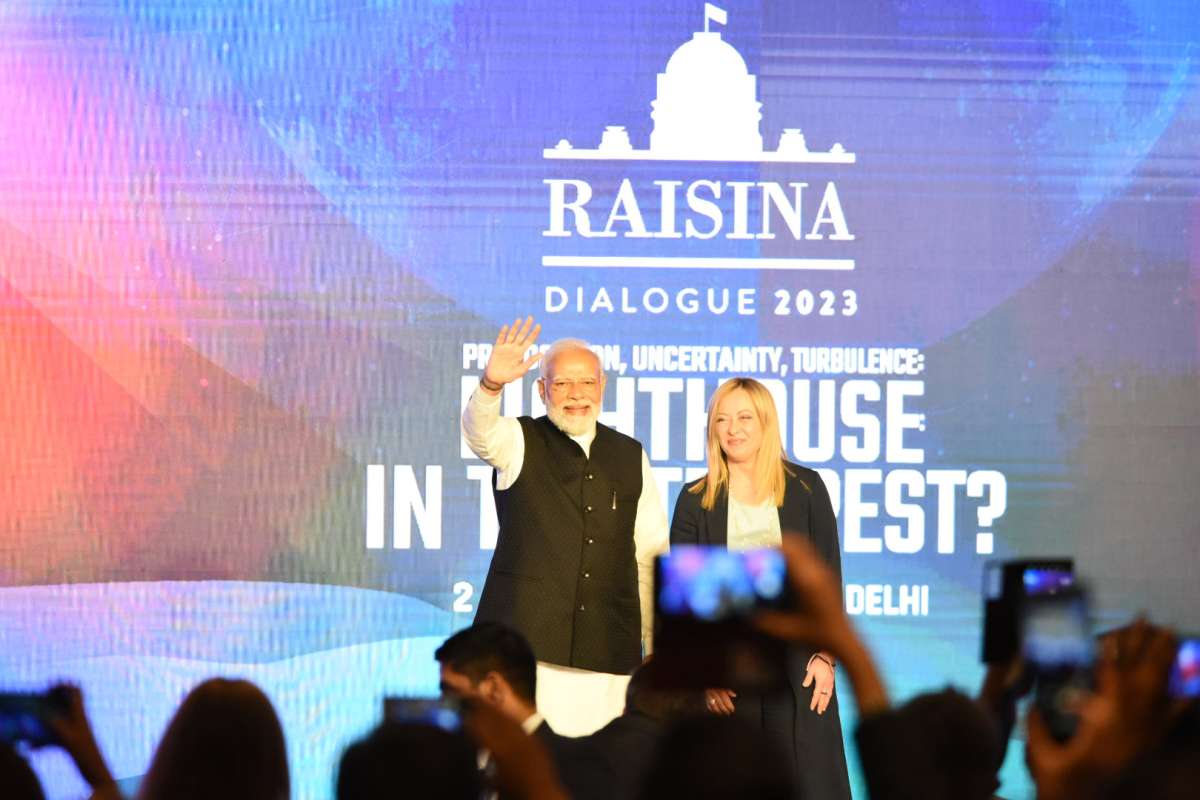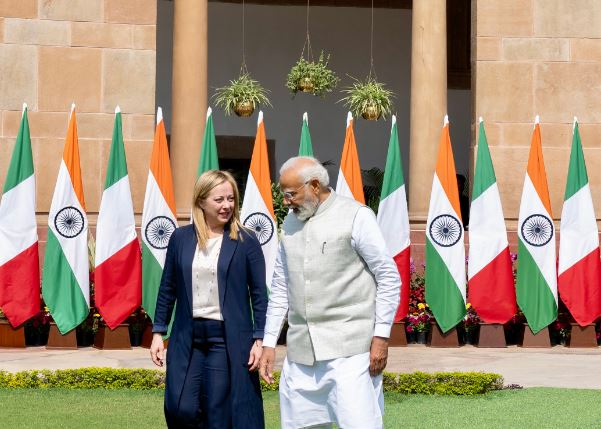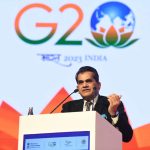The meeting in Delhi was one of the largest such gathering hosted by any G20 presidency…reports Asian Lite News
The G20 Foreign Ministers meeting held here on Thursday was a resounding success with the outcome document reflecting the concern of developing countries and global south and the G20 countries talking about other issues of global import including terrorism and reliable supply chains.
G20 countries condemned terrorism in all its forms and manifestations as they noted the growing threat from the misuse of new and emerging technologies for terrorist purposes and pitched for a more inclusive and reinvigorated multilateralism and reform. Overall 40 delegations, including of 13 international organisations, participated in the meeting. Nine guest countries participating at the level of Foreign Ministers were Bangladesh, Egypt, Mauritius, Netherlands, Nigeria, Oman, Singapore, Spain and the United Arab Emirates.
The G20 Foreign Ministers’ meeting in Delhi was one of the largest such gathering hosted by any G20 presidency.
The Outcome Document at the end of the G20 Foreign Ministers meeting held in Delhi said supply chains of both food and agricultural products including fertilizers should be kept reliable, open and transparent.
It said G20 Foreign Ministers met in New Delhi on March 1 and 2 at a time when the world faces multi-dimensional challenges ranging from insufficient progress towards Sustainable Development Goals (SDGs), climate change, pollution and biodiversity loss, to economic slowdown, debt distress, uneven pandemic recovery, growing poverty and inequality, food and energy insecurity and global supply chain disruptions, aggravated by geo-political tensions and conflicts.
“Meeting under India’s G20 Presidency, with the theme ‘Vasudhaiva Kutumbakam’ – ‘One Earth. One Family. One Future’, the G20 Foreign Ministers deliberated upon current global challenges. They brought focus on strengthening multilateralism, food and energy security, ambitious climate and environmental action, deepening cooperation on sustainable development, counter-terrorism, counter-narcotics, global health, global talent pool, humanitarian assistance and disaster risk reduction, as well as gender equality and women’s empowerment,” the Outcome document said.
It said the global order has undergone dramatic changes since the Second World War due to economic growth and prosperity, decolonization, demographic dividends, technological achievements, emergence of new economic powers and deeper international cooperation.
“The United Nations must be responsive to the entire membership, faithful to its founding purposes and principles of its Charter and adapted to carrying out its mandate. In this context, we recall the Declaration on the Commemoration of the 75th anniversary of the United Nations (UNGA 75/1) which reaffirmed that our challenges are inter-connected and can only be addressed through reinvigorated multilateralism, reforms and international cooperation,” it said.
G20 Foreign Ministers said the need for revitalized multilateralism to adequately address contemporary global challenges of the 21st Century, and to make global governance more representative, effective, transparent and accountable, has been voiced at multiple fora.
“In this context, a more inclusive and reinvigorated multilateralism and reform aimed at implementing the 2030 agenda is essential. We will step up efforts to make a meaningful contribution for the success of the SDG Summit in September 2023, COP28 in December 2023, and the Summit of the Future in 2024. We are supportive of further deepening cooperation between the G20 and regional partners, including African partners,” it said.
The meeting recalled the Bali Leaders’ Declaration where leaders had reaffirmed that the rules-based, non-discriminatory, free, fair, open, inclusive, equitable, sustainable and transparent multilateral trading system, with the WTO at its core, is indispensable to advancing our shared objectives of inclusive growth, innovation, job creation and sustainable development in an open and interconnected world as well as to supporting the resilience and recovery of a global economy under strain due to Covid-19 and global supply chain disruption.
The document said the G20 countries are deeply concerned by the challenges to global food security exacerbated by current conflicts and tensions.
“Promoting the availability, accessibility, affordability, sustainability, equity and transparent flow of food and agricultural products including fertilizers in all corners of the globe, to fight hunger and malnutrition, is the need of the hour. Supply chains of both food and agricultural products including fertilizers should be kept reliable, open and transparent.
“Promoting efficient, sustainable, inclusive and resilient agriculture and food systems is necessary to address the vulnerabilities of the developing countries. Support for increased cooperation in areas like agrobiodiversity, minimizing food loss and waste, improving soil health, climate-resilient and sustainable agriculture, connecting local, regional and international markets, and strengthening Agricultural Market Information System (AMIS), as well as promoting healthy diets and nutritious foods is essential.
“Systems that underlie food security such as water and fertilizers, should be bolstered to ensure sustainable agriculture and durable and climate-resilient solutions. We reiterate our support for open, transparent, inclusive, predictable, and non-discriminatory agricultural trade based on WTO rules,” the document said.
It underlined the importance of full, timely, improved and continued implementation by all relevant stakeholders of the Black Sea Grain Initiative and the Memorandum of Understanding between Russia and the UN Secretariat, that was brokered by Turkiye and the UN on July 22, 2022 as a package, to reduce global food insecurity and to enable unimpeded flows of more food and fertilizers to developing countries in need.
Referring to energy security, the document said undisrupted, sustainable, and resilient supply chains are important to ensure affordable, reliable and sustainable access to energy for all.
“Strengthening sustainable supply chains as well as circular approaches and promoting inclusive investments are necessary to meet growing energy demand.” (ANI)
ALSO READ-QUAD meet focuses on Indo-Pacific


